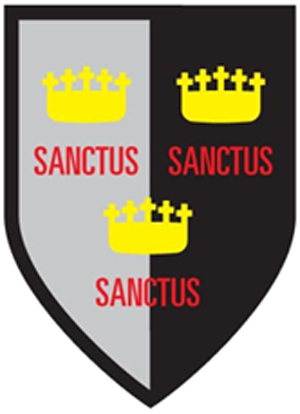Intent
At All Saints Primary School, we are HISTORIANS!
Our aim is to ignite all children’s interest and understanding of the lives of people who lived in the past. Through the teaching of History, we foster a sense of chronology that helps develop a strong sense of identity and cultural awareness rooted in historical heritage. This empowers our children to appreciate and value their own cultures as well as those of others in modern multicultural Britain.
We strive to make children aware of the actions of significant figures in history and ensure they are knowledgeable about key events in British history, while also recognizing how things have changed over time. Our curriculum enables children to understand how Britain has evolved as a society, enhancing their comprehension of their country of residence. Additionally, our students will explore aspects of local, British, and Ancient history, broadening their awareness of historical developments across the world.
We believe that by helping children grasp the importance and enjoyment of History through diverse learning opportunities, they will become enthusiastic learners and informed citizens for the future. In History at All Saints, we provide children with opportunities to develop their skills in enquiry, investigation, analysis, interpretation, evaluation, and presentation.
Implementation
Our history curriculum is structured to provide a coherent and progressive learning journey from Early Years through to Year 6.
- Thematic Approach: History is taught through thematic units that connect different periods and events, enabling children to see links and develop a broader understanding of historical context.
- Hands-On Learning: We incorporate a variety of teaching methods, including interactive lessons, role-playing, field trips to historical sites, and the use of primary sources to engage students and bring history to life.
- Cross-Curricular Links: We promote cross-curricular learning by integrating history with subjects such as art, literacy, and geography, allowing students to make connections and deepen their understanding.
- Assessment and Feedback: Ongoing formative assessments are utilized to monitor progress and understanding, with opportunities for self-reflection and peer feedback to enhance learning.
- Community Engagement: We invite guest speakers, organize workshops, and involve parents and the community in history-related activities to enrich the learning experience.
Impact
The impact of our history curriculum is assessed through various measures:
- Knowledge and Skills Acquisition: Students demonstrate increased knowledge of key historical events, figures, and concepts, along with the ability to think critically about sources and interpretations.
- Engagement and Enjoyment: High levels of student engagement and enjoyment in history lessons are evident, with many expressing a desire to explore further and share their learning.
- Civic Awareness: Pupils develop a sense of identity and understanding of their place in the world, demonstrating awareness of how history shapes current societal values and issues.
- Progress Tracking: We monitor student progress through assessments, projects, and class discussions, ensuring all learners are challenged and supported in their historical understanding.
- Parental and Community Feedback: Positive feedback from parents and community members reflects the successful integration of history into our school culture and community engagement.
By the end of their primary education, students at All Saints Primary School will have a solid foundation in history that equips them to navigate the complexities of the world with confidence and insight
